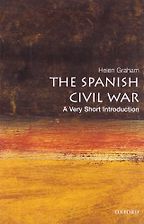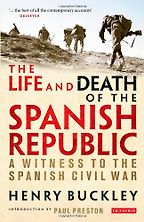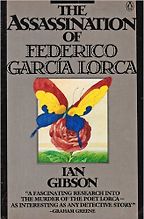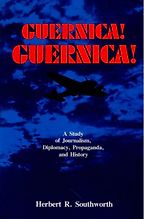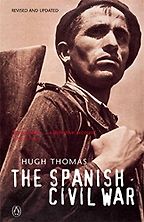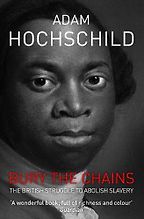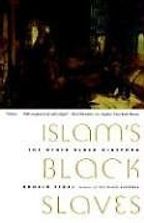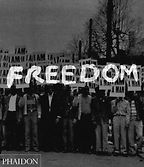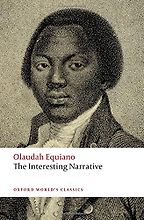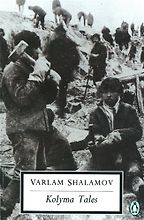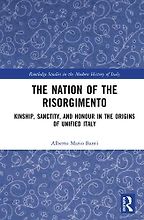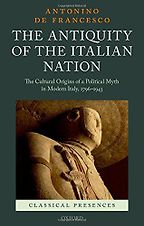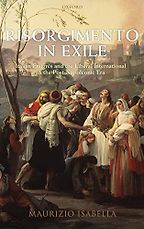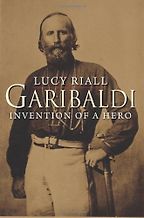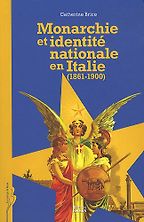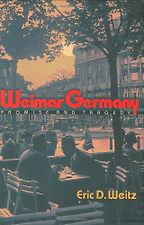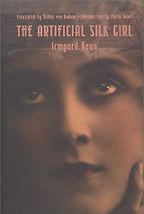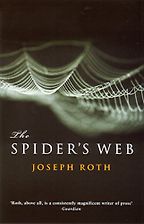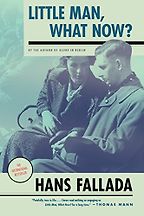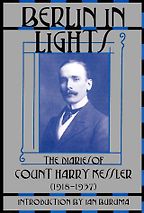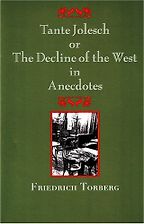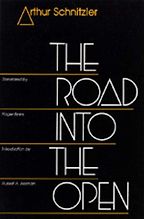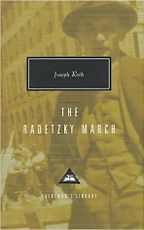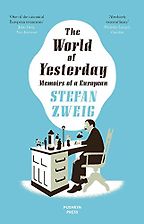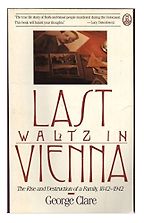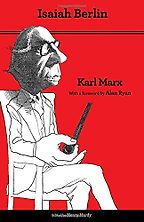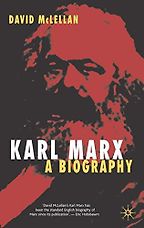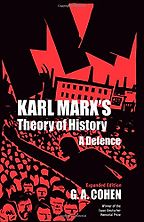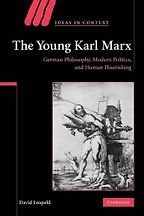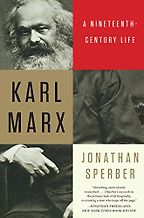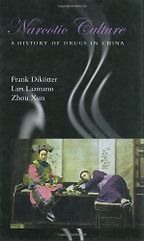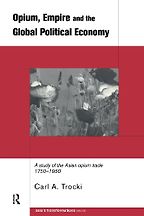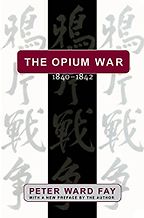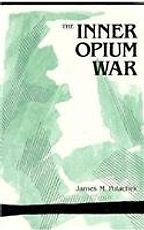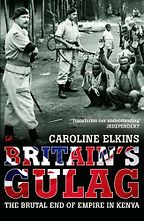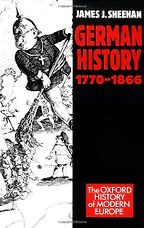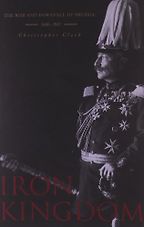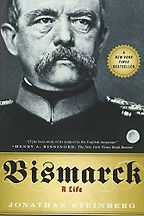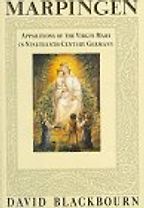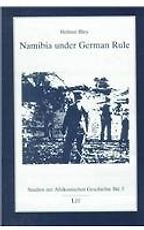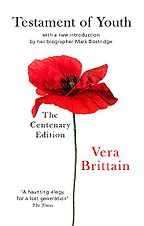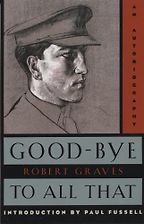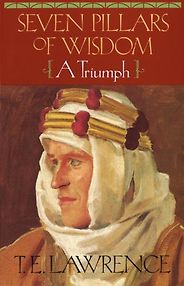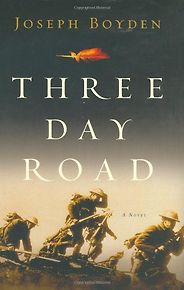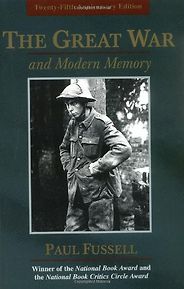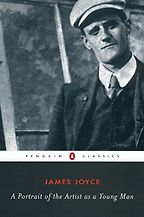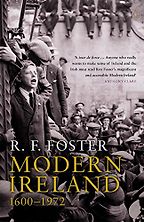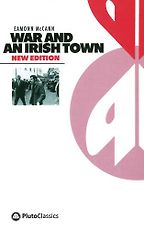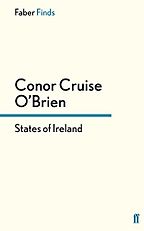Modern History (1800-1945)
Last updated: February 04, 2026
The best books on The Spanish Civil War, recommended by Paul Preston
It was a bloody conflict that divided Spain and drew in Hitler, Stalin and Mussolini. Later, it inspired great works of art and literature. An eminent historian of the period tells us why it continues to fascinate him
-

1
Bury the Chains: The British Struggle to Abolish Slavery
by Adam Hochschild -

2
Islam’s Black Slaves
by Ronald Segal -

3
Freedom: A Photographic History of the African American Struggle
by Leith Mullings, Manning Marable & Sophie Spencer-Wood -

4
The Interesting Narrative
by Olaudah Equiano -

5
Kolyma Tales
by Varlam Shalamov
The best books on Race and Slavery, recommended by David Olusoga
The best books on Race and Slavery, recommended by David Olusoga
Race is a real and powerful force and one he has spent his adult life trying to understand, says Anglo-Nigerian historian, writer and producer, David Olusoga. He talks us through five books on the tragedy of slavery—from the horrors of the gulag, to the plantations of Virginia, to the Islamic slave trade.
-

1
The Nation of the Risorgimento: Kinship, Sanctity and Honour in the Origins of Unified Italy
by Alberto Mario Banti -

2
The Antiquity of the Italian Nation: The Cultural Origins of Political Myth in Modern Italy
by Antonino De Francisco -

3
Risorgimento in Exile: Italian Emigrés and the Liberal International in the Post-Napoleonic Era
by Maurizio Isabella -

4
Garibaldi: Invention of a Hero
by Lucy Riall -

5
Monarchie et Identité Nationale en Italie (1861-1900)
by Catherine Brice
The best books on Italy’s Risorgimento, recommended by Carlotta Ferrara degli Uberti
The best books on Italy’s Risorgimento, recommended by Carlotta Ferrara degli Uberti
Italian unification was one of the great political dramas of 19th century Europe, transforming a patchwork of territories speaking different languages into the nation-state of Italy. Here, historian Carlotta Ferrara degli Uberti discusses the people and ideas that brought it about and how its disputed legacy continues to impact Italy today.
The best books on The Weimar Republic, recommended by Robert Gerwarth
The Weimar Republic was not doomed to fail, says the historian Robert Gerwarth; it was, in many ways, popularly rooted and successful, and its artistic achievements remain influential to this day. Here he selects five books that illustrate the rich cultural life of the Weimar Republic, its pioneering modernism and the febrile political atmosphere that gripped it in the wake of the Great Depression.
-

1
Tante Jolesch or the Decline of the West in Anecdotes
by Friedrich Torberg & Maria Poglitsch Bauer (translator) -

2
The Road into the Open
by Arthur Schnitzler & Roger Byers (translator) -

3
The Radetzky March
by Joseph Roth -

4
The World of Yesterday
by Stefan Zweig & Anthea Bell (translator) -

5
Last Waltz in Vienna
by George Clare
The best books on Jewish Vienna, recommended by Brigid Grauman
The best books on Jewish Vienna, recommended by Brigid Grauman
In the late 19th and early 20th century, Vienna had a vibrant intellectual and cultural life, embraced and at times led by key figures in its large Jewish community. All that would disappear with the rise of anti-Semitism and the Anschluss. Many Jews fled or committed suicide. Others were deported to concentration camps. After the war some went back, but Vienna would never be the same. Here Brigid Grauman, whose father’s family were assimilated Jews from Vienna, recommends books that evoke that poignant, tragic period that ended with World War II.
The best books on Marx and Marxism, recommended by Terrell Carver
Few people have had their ideas reinvented as many times as the German intellectual and political activist, Karl Marx. Professor of political theory, Terrell Carver, takes us through the most influential books, in English, about Marx, Marxism and his friend, publicist and financial backer, Friedrich Engels.
The best books on The Opium War, recommended by Julia Lovell
The 19th century opium war marked the clash of the world’s great empires of the age – Britain and China. Historian Julia Lovell says its legacy of Chinese humiliation is still felt keenly in Beijing.
The best books on Nineteenth Century Germany, recommended by Richard Evans
At the beginning of the 1800s, Germany was a collection of independent states. By the end, it had been unified under Prussian political leadership into one of the world’s great powers. Here, Richard Evans, Regius Professor Emeritus of History at the University of Cambridge and Provost of Gresham College in the City of London, chooses five books on 19th century Germany that illustrate how that process unfolded and what the political, economic and social consequences of it were—intended and otherwise.
The best books on Legacies of World War One, recommended by Wade Davis
The explorer and author of Into the Silence, Wade Davis, tells us that the consequences of the Great War were much more than merely political. He says the war had a noticeable impact on exploration, arts and literature, and modernity itself.
The best books on Modern Irish History, recommended by Richard Bourke
A “powerful and aggravating absence of consensus” came to define the Irish political experience, says the historian Richard Bourke. Here he picks the best books for gaining a range of perspectives on Irish history, singling out James Joyce as offering insight into the divergence of nationalist opinion.
